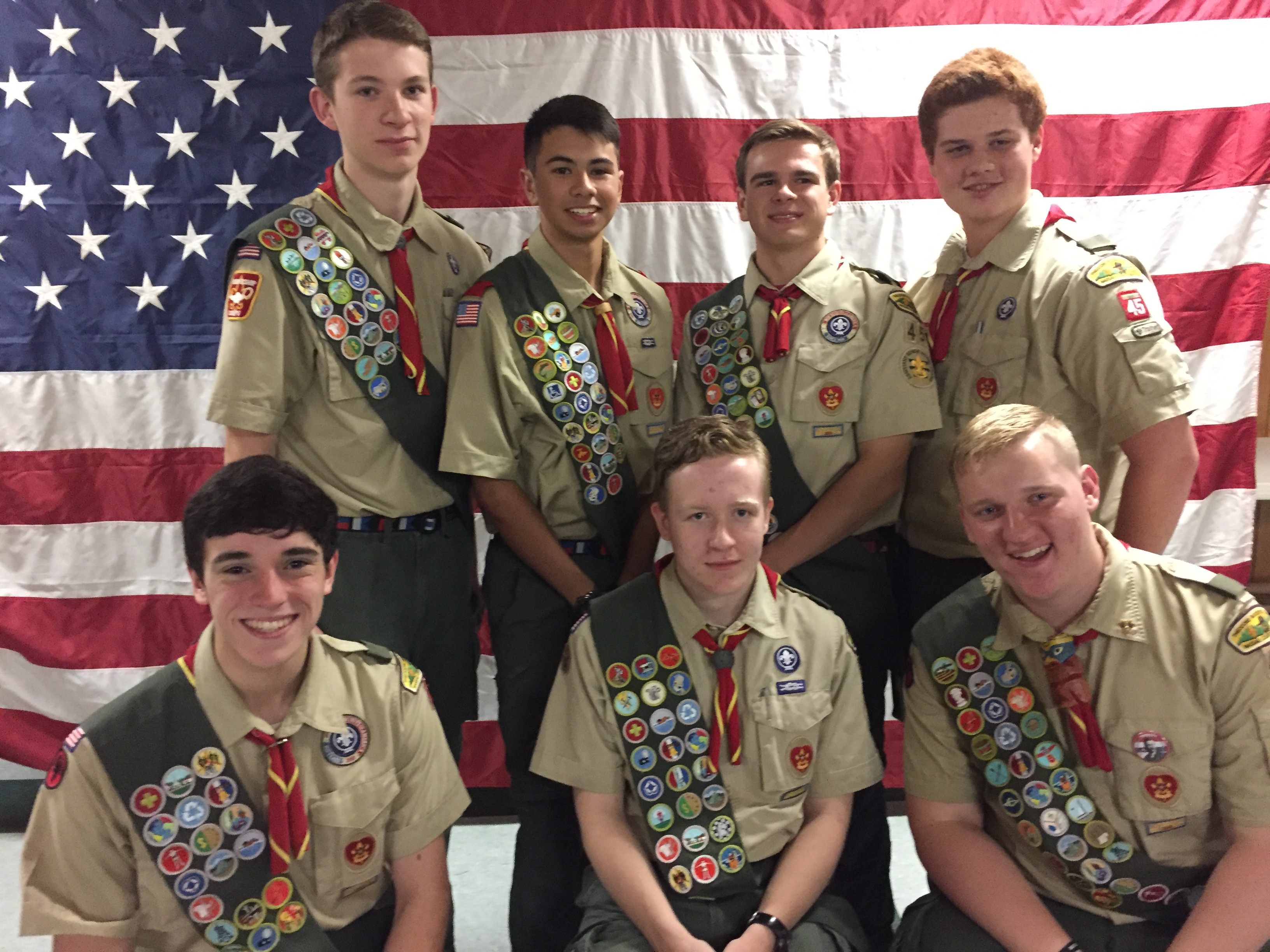 Now, amid growing attention to the rash of wartime suicides, Caldwell’s troubling case will present judges with a legal dilemma balancing the dictates of military discipline against evolving notions of mental health. What happens next will shape military law and order alike.
Now, amid growing attention to the rash of wartime suicides, Caldwell’s troubling case will present judges with a legal dilemma balancing the dictates of military discipline against evolving notions of mental health. What happens next will shape military law and order alike.
“I just didn’t feel like I wanted to live anymore, and I feel like I couldn’t have put up with things anymore,” Caldwell told officials, court records show.
Caldwell, of Oceanside, Calif., pleaded guilty to “self injury without intent to avoid service” following the January 2010 wrist-slitting on Okinawa, Japan, but he has since reconsidered his plea. On Tuesday, the nation’s highest military appeals court is scheduled to take up his case.
In the 40-minute oral argument, the five members of the U.S. Court of Appeals for the Armed Forces will confront whether a bona fide suicide attempt should be punishable under the Uniform Code of Military Justice. To be successfully prosecuted, the suicide attempt also must be deemed conduct that causes “prejudice to good order and discipline” or has a “tendency to bring the service into disrepute.”
The case marks the first time since the Gulf War of 1990-1991 that the suicide attempt issue has reached the high military panel.
“The difference between then and now is that our understanding of suicide and suicide attempts has progressed quite a bit in the last 20 years,” Caldwell’s attorney, Navy Lt. Michael B. Hanzel, said in a telephone interview Wednesday.





 After threatening to sever ties with Scouting America and kick the youth group off military bases...
After threatening to sever ties with Scouting America and kick the youth group off military bases... President Trump on Friday directed federal agencies to “immediately cease” using Anthropic technology amid an escalating...
President Trump on Friday directed federal agencies to “immediately cease” using Anthropic technology amid an escalating...






























